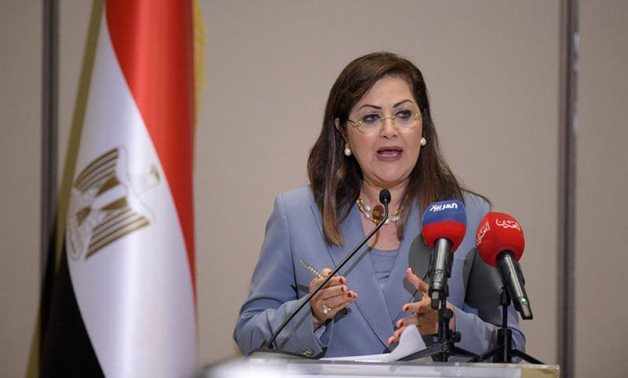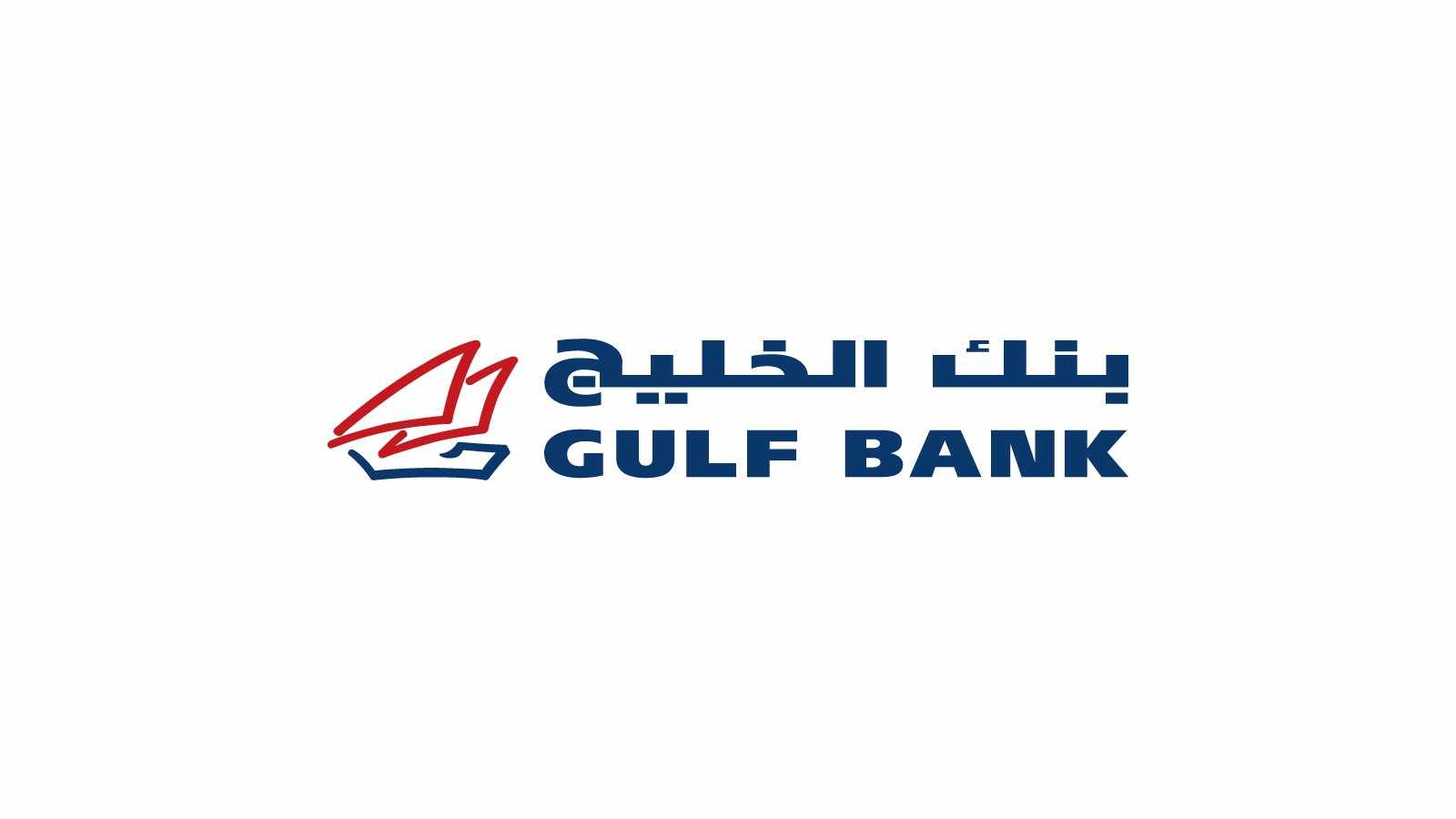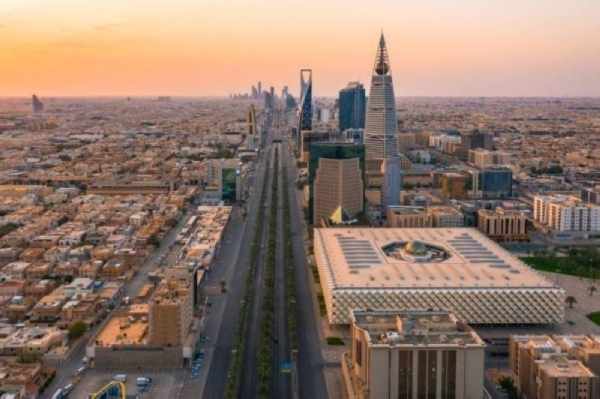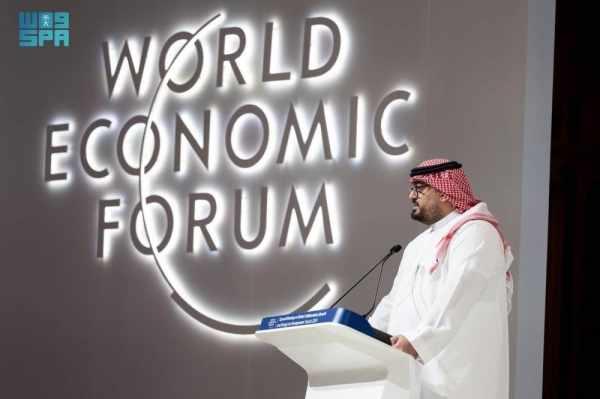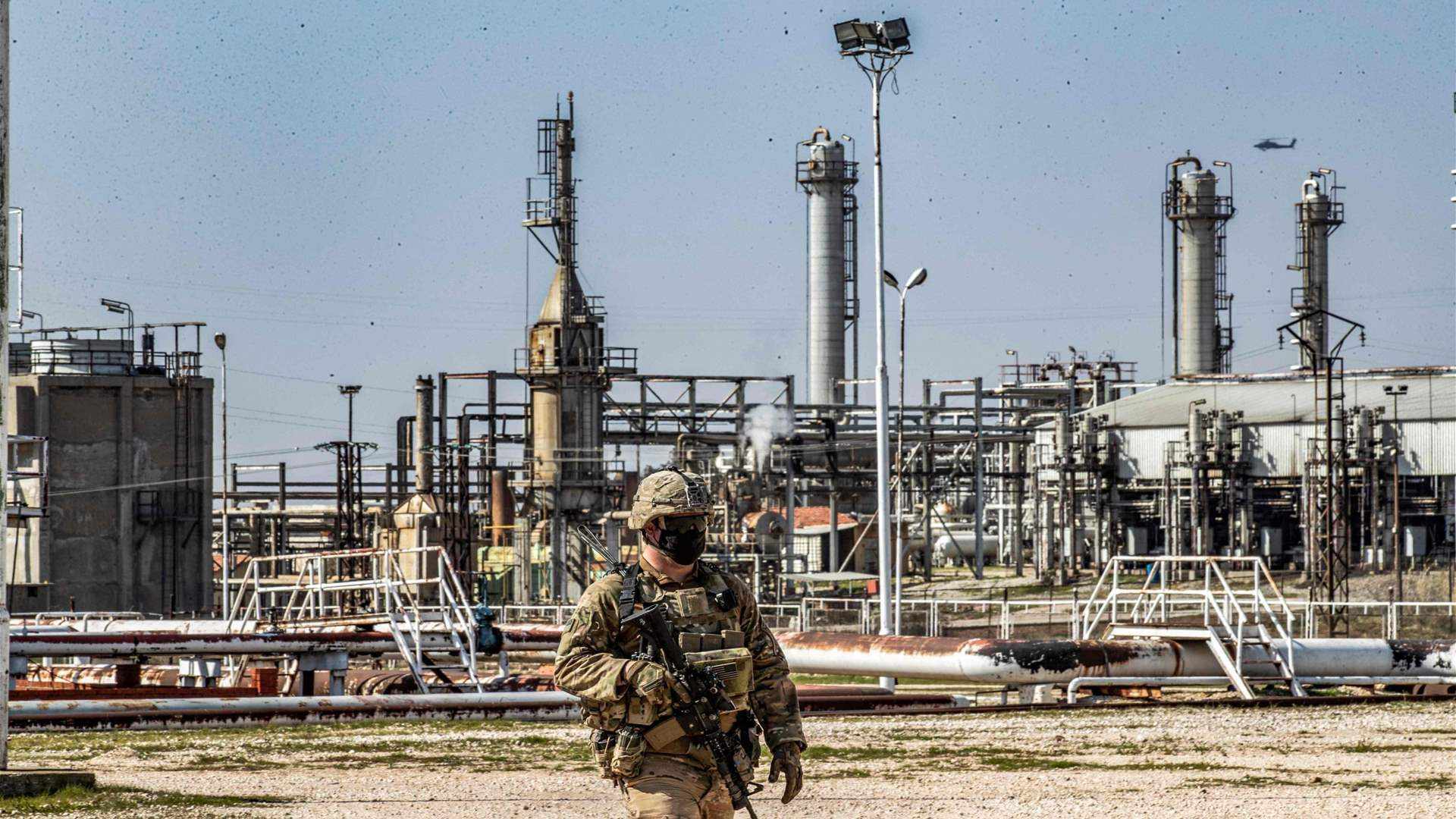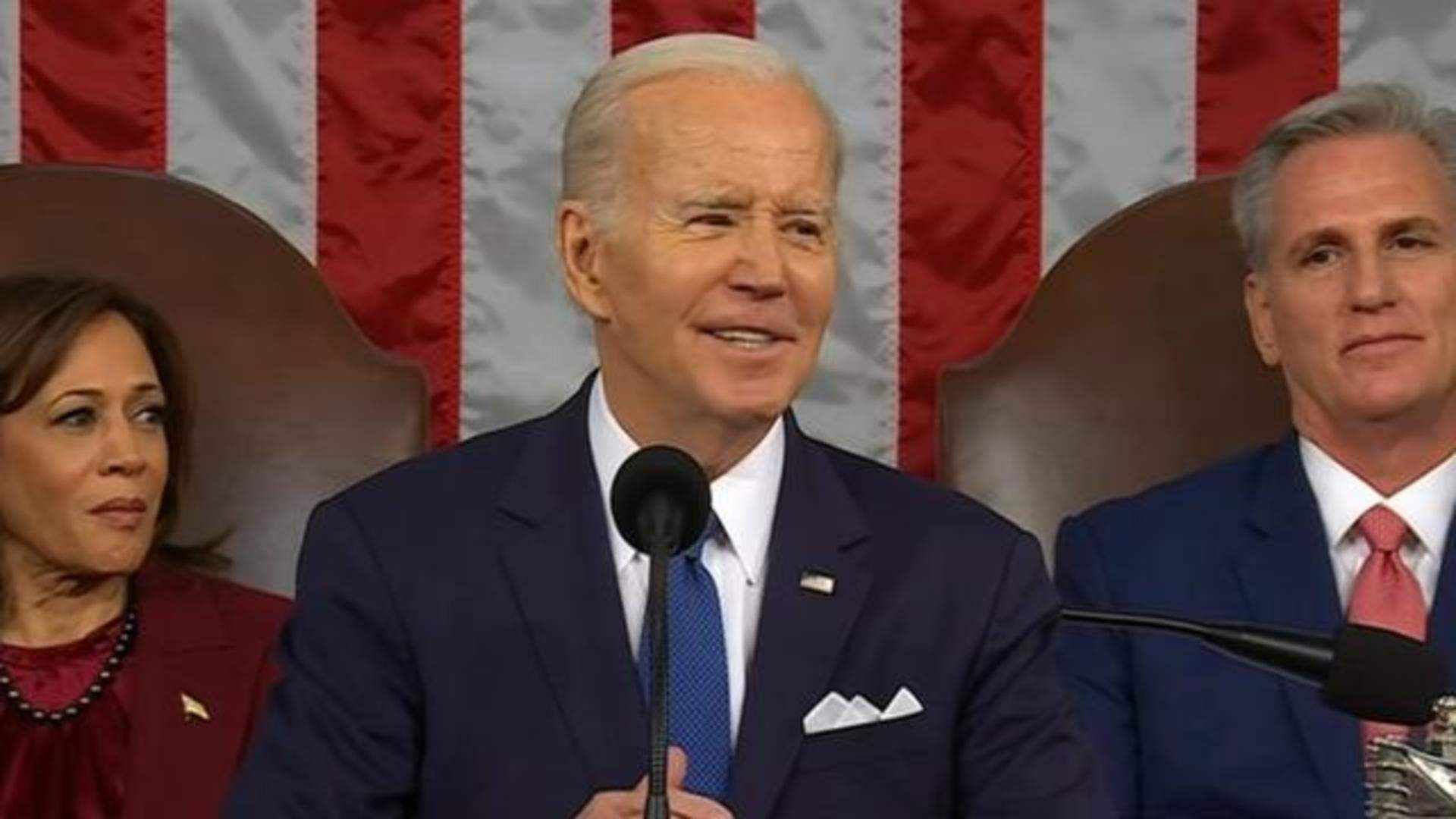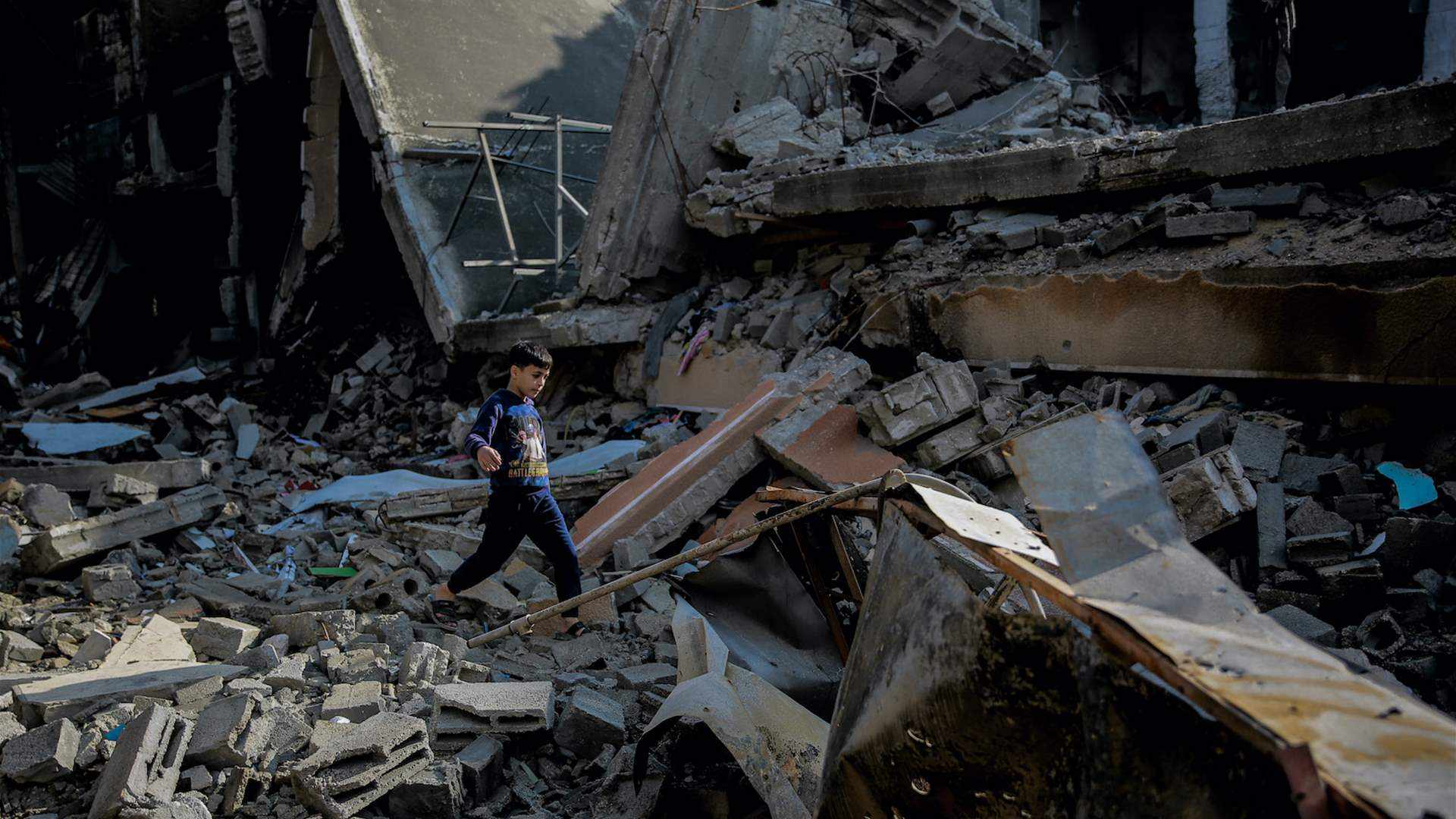How to tackle Lebanon’s economic crisis
- Date: 30-Nov-2023
- Source: Financial Times
- Sector:Financial Services
- Country:Lebanon
How to tackle Lebanon’s economic crisis
The writer is a professor at Harvard’s John F Kennedy School of Government and director of the Harvard Growth Lab
With the tragic events unleashed by Hamas on October 7, and global focus on the region dominated by the subsequent conflict in Gaza, it is easy to lose sight of the fact that Lebanon is in a catastrophic economic situation, one which is a source of serious and avoidable human suffering. In 2019, the country fell into a triple crisis, involving the downfall of its currency, its banks and its public debt. GDP has collapsed by close to 40 per cent. Although lira-denominated debts have been wiped out by inflation and depreciation, government and central bank dollar-denominated debts represent seven times current GDP.
Four years has not been long enough to find a path out of the crisis. In September, an IMF mission visited Beirut once again to advance a resolution, without tangible results. While political gridlock is the main problem, sometimes stalemates can be broken with a solution that generates enough winners. That is the spirit in which Ugo Panizza, Carmen Reinhart and I, together with a team at the Harvard Growth Lab, propose a plan to quickly resolve the crisis.
First, to



